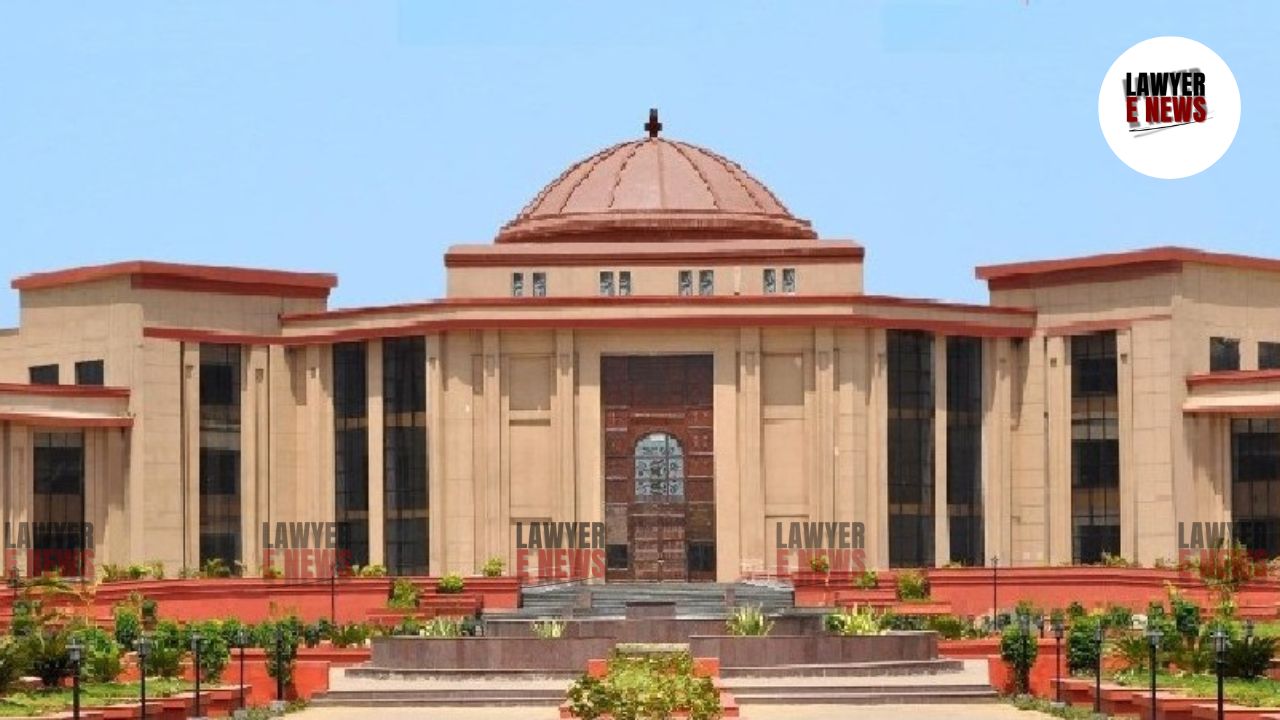-
by Admin
15 February 2026 5:35 AM



High Court of Chhattisgarh delivered a significant ruling in the case of National Insurance Company Limited v. Smt. Dhalayya Bai & Anr. (MAC No. 1603 of 2016). The court exonerated the insurance company from liability, holding that the deceased was the driver of the vehicle at the time of the accident and thus did not qualify for third-party compensation under Section 163-A of the Motor Vehicles Act.
The case originated from a fatal accident on May 17, 2011, when Vinod Singh Dhruv was involved in a motorcycle accident. The claimant, Smt. Dhalayya Bai, filed for compensation under Section 163-A of the Motor Vehicles Act, alleging that an unknown vehicle had caused the accident. The Motor Accident Claims Tribunal awarded a sum of Rs. 364,000 in favor of the claimant, holding the insurance company liable. The insurer appealed, arguing that the deceased was driving the motorcycle at the time of the accident, hence not entitled to compensation.
The primary legal issue revolved around whether the deceased was driving the motorcycle at the time of the accident and if so, whether he could be considered a third party under Section 163-A of the Motor Vehicles Act. The insurer contended that since the deceased was the driver and had no valid driving license, they were not liable for compensation. The court had to interpret the insurance policy's terms and the legal status of the deceased as the driver of the vehicle.
The court scrutinized the evidence presented, including the First Information Report (Exhibit A-1) and Merg Intimation (Exhibit A-2), which indicated that the deceased was driving the motorcycle. Witness Ravi Singh (AW-2), who was allegedly a pillion rider, made contradictory statements, further casting doubt on the claimant's version. The court referenced the Supreme Court judgment in National Insurance Company Limited v. Rattani and Ramkhiladi v. United India Insurance Company, stating, "the provisions of Section 163-A of the Act cannot be said to have any application with regard to an accident wherein the owner of the motor vehicle himself is involved."
Given the evidence and Supreme Court precedent, the court concluded that the deceased was the driver, and by stepping into the shoes of the owner, his legal representatives could not claim compensation under Section 163-A. Additionally, since the deceased did not possess a valid driving license, it constituted a violation of the insurance policy terms. Therefore, the insurer was not liable for compensation.
The Chhattisgarh High Court set aside the Claims Tribunal's award, relieving the insurer of liability. It held that the deceased being the driver of the offending vehicle meant he could not be treated as a third party for compensation purposes. The court reinforced the principle that the insurer's liability does not extend to the owner or driver of the vehicle under Section 163-A of the Motor Vehicles Act.
Date of Decision: September 13, 2024
National Insurance Company Limited v. Smt. Dhalayya Bai & Anr.
